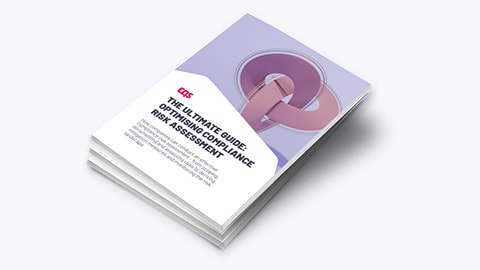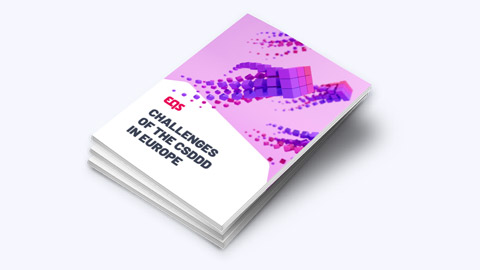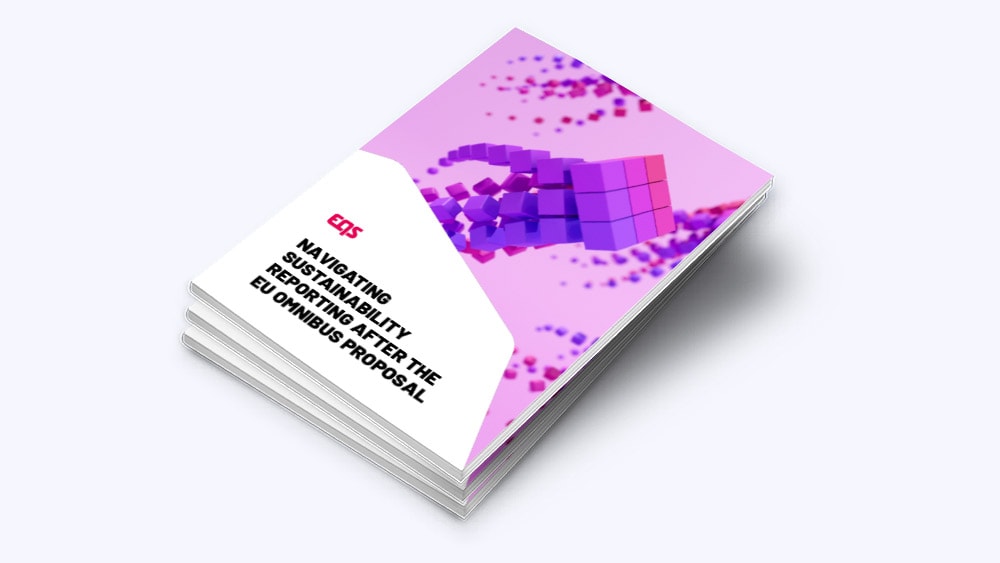Market Abuse Regulation (MAR) — The facts at a glance
We have compiled key information on fulfilling the Market Abuse Regulation (EU 596/2014).

MAR was created by the European Union to keep pace with financial market developments, to create capital markets transparency and to protect investors within all member states.
What is the Market Abuse Regulation (MAR) and who is affected?
MAR applies to:
- issuers of financial instruments on regulated markets (for example, equities or bonds)
- issuers of MTFs (Multilateral Trading Facilities)
- issuers of OTFs (Organised Trading Facilities)
Derivatives which are being traded on these trade venues are also subject to MAR. The European Securities and Markets Authority (ESMA) also granted some small changes to MAR in response to the recent SME Growth Markets consultation which should make it easier for those companies to comply with the legislation.
Changes to the Market Abuse Regulation relating to SMEs
The changes granted are as follows:
- Companies on an SME Growth Market only have to include on their insider lists those persons who, due to the nature of their function or position within the issuer, have regular access to inside information. However, member states may, where justified by specific national market integrity concerns, require issuers to include in their insider lists all persons who have access to inside information.
- Persons Discharging Managerial Responsibilities (PDMR) notification: issuers were granted two extra business days to verify accuracy; however, the requirements to keep PDMR lists remains and this is unlikely to be changed by the more substantial MAR revision.
- Issuers on the SME Growth Market will not be required to notify the national competent authority providing they can justify the decision for any disclosure delay. These measures will apply to companies listed on SME growth markets, irrespective of whether they are actually an SME. The changes are minor however should make it easier for entities to comply with MAR while remaining transparent and maintaining high compliance standards.
Tightening of Disclosure Requirements Under MAR
Disclosure of Inside Information (particularly Art. 17 MAR)
Under MAR, disclosure of inside information becomes a legal requirement for issuers of all financial instruments covered by MAR. In the past, this requirement was limited to regulated markets. Now, issuers must disclose inside information and distribute it throughout Europe to regulatory bodies. This must then be available on the issuer’s website for 5 years. In addition, this information must be sent to the national financial authority (e.g. the BaFin), and in some cases, to the trading venue and to the national Officially Appointed Mechanism (e.g. Unternehmensregister).
Managers’ Transactions (particularly Art. 19 MAR)
Persons Discharging Managerial Responsibilities (PDMR) and individuals closely associated with them (e.g. spouses) must notify the issuer of relevant personal transactions they undertake involving the issuer’s financial instruments. The obligation to disclose Managers‘ Transactions is now extended to financial instruments traded on OTC. It is key to note a reduced notification period of three business days. This disclosure requirement also affects trading with derivatives and debt securities. An announcement by the issuer must be distributed throughout Europe, sent to the relevant financial authority, and also stored in the OAM (Officially Appointed Mechanism). Managers’ Transactions announcements must now also contain the Legal Entity Identifier (LEI code) of the issuer. In addition, issuers must compile a list of all persons bound by Directors’ Dealings (including closely-associated persons).
New Regulations for the Management of Insider Lists
Issuers and everyone acting on their behalf (e.g. law firms) must draw up insider lists. The lists must include every person who has temporary or permanent access to inside information. This list must be continually updated and insiders must be officially informed of their obligations.
Increased Sanctions Under MAR
In addition to new obligations, sanctions and penalties have increased under MAR. For example, market manipulation is no longer considered the only criminal offence. Simply attempting a market manipulation is now also considered a crime. Sanctions for violating disclosure requirements and insider laws have also been tightened considerably.
MAR non-compliance also results in the regulator “naming and shaming”: in the future, all sanctions, the type of offence committed, as well as the identity of the person in question, will be published on the website of the responsible national authority for 5 years.
Violation of market manipulation or insider law
| Penalities for natural persons | up to € 5m |
| Penalities for jurstic persons | up to € 15m / 15% of corporate revenue |
Violation of disclosure obligations regarding inside information
| Penalities for natural persons | up to € 1m |
| Penalities for jurstic persons | up to € 2.5m / 2% of corporate revenue |
Violation of obligations covering insider lists, Directors’ Dealings and closed periods for executives
| Penalities for natural persons | up to € 0.5m |
| Penalities for jurstic persons | up to € 1m |
Complying with MAR: Learnings from the UK
Many SME markets have struggled with to comply with MAR since it came into force and this section provides some best practice tips from the United Kingdom where it has been widely and successfully adopted.
Regulators are proactive and hunt out those not observing the rules. If there has been a mistake or poor processes are uncovered then companies can face censure, a fine and might come under public scrutiny because often the regulator publishes the results of its inspections. This can be extremely embarrassing for companies. It can negatively impact their reputation, their share price and for several UK companies in this position it has also meant management changes.
A digital solution helps to avoid human errors and makes the process of complying with MAR much easier, more efficient and more cost-effective. Manual processes like email and excel spreadsheets, on the other hand, leave a lot of room for human error which is punishable by the regulator. A digital solution also meets the expectations of the next generation, whether that is investors, analysts, media and employees. They expect to use advanced technology to deliver solutions, and MAR compliance should be no different.
The ideal digital solution would be based on a holistic approach and cover all aspects of MAR, from the collating and updating of insider lists to communicating with insiders and managing the list of Persons Discharging Managerial Responsibilities (PDMRs). It would keep everything in one place instead of information being managed across separate excel spreadsheets. It should be available in different languages and should of course be changed by the provider should the regulations and technology change.
Small companies face a particular compliance challenge because they have fewer resources than large companies. They rarely have the sophisticated teams of professionals such as company secretaries and general counsels dedicated to compliance topics, therefore it is an additional challenge for them to incorporate this regulation into their day-to-day activities. It is also very hard for small companies to keep abreast of regulations as they change and to act accordingly. Larger companies have teams of people monitoring these changes, and advisors who alert them when these events happen.
Regulators can be unwilling to make changes once regulations have been implemented and are working. If they do make changes, usually these are fairly small and might only apply to small companies rather than larger companies. Any changes ESMA makes as part of the current consultation will likely only be very modest.
There is no doubt that companies with poor corporate governance are less well rated by the market and suffer at the hands of the media. The onus is on companies to comply, and they need to consider the best and easiest way to do this.

Dieser Leitfaden erklärt übersichtlich, wie Sie erfolgreich eine Analyse der Compliance-Risiken in Ihrem Unternehmen durchführen





